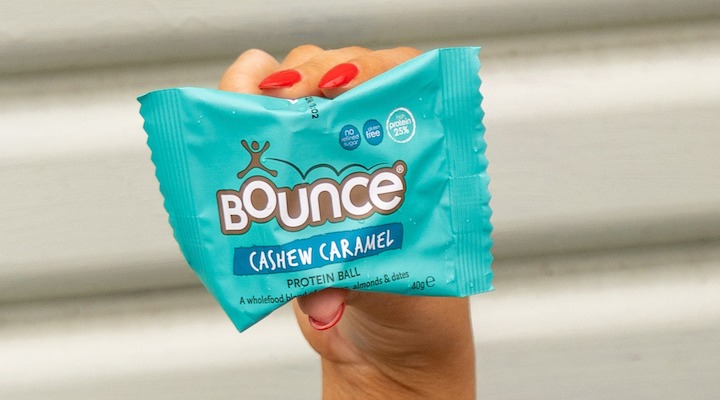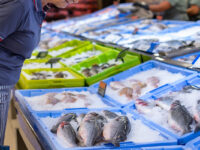Bounce Foods, an Australian pioneer in the protein bar and ‘energy ball’ market, has fallen into voluntary administration, owing to significant debts from an unsuccessful foray into the American market.
Documents published by the Australian Securities and Investments Commission (ASIC) show Natural High Co Pty Ltd, trading as Bounce Foods, has appointed John McInerney and Philip Campbell-Wilson of Grant Thornton as joint administrators.
Speaking to SmartCompany on Tuesday, McInerney said the administrators have launched an urgent expression of interest campaign, in the hopes of finding a buyer to take over the business and continue trading the two-decade-old Bounce Foods brand.
While the Bounce Foods online store remains online at time of writing, and its products remain stocked in supermarkets nationwide, McInerney confirmed all staff have been stood down through the administration process.
“While the management team are staying on to support the voluntary administration process, due to limited available cashflow, all staff contracts were terminated on the date of the Administrator’s appointment,” he said.
What happened to Bounce Foods?
Founded in 2004 by Bondi husband-and-wife duo Andrew and Paula Hannagan, Bounce Foods was among the first Australian companies to bring high-end protein snacks, geared towards health and fitness aficionados, to the local market.
According to the couple’s website, Paula was inspired by the fitness-focused snacks she discovered on a trip to New York City.
She worked with Andrew to find a US manufacturer to develop products for the Australian market, with the pair initially marketing the brand’s protein balls to health food shops, juice bars and gyms.
The brand grew onshore as local appetite for protein snacks increased.
The Hannagans relocated from Australia to Oregon to explore an expansion into the US market itself in 2014.
That move proved too ambitious, Andrew Hannagan wrote on LinkedIn, given the “mature and well established” competition abroad, and the way Bounce Foods “completely underestimated” the challenges of raising capital abroad.
McInerney said the attempted US expansion cost $6 million, leaving a “heavy debt burden” on the business, which has limited Bounce Foods’ ability to access working capital for its domestic operations.
Despite the setback, Bounce Foods transitioned to local manufacturing after retreating from the US market, and has secured distribution in Woolworths and Coles, alongside independent grocers and convenience stores.
Recent partnerships include a collaboration with major Australian frozen treats brand Weis, now owned by Unilever.
SmartCompany understands the administrators are confident in the strength of the brand and its underlying revenue performance, despite the debt burden carried by the business.
This story was originally published on Smart Company.

















